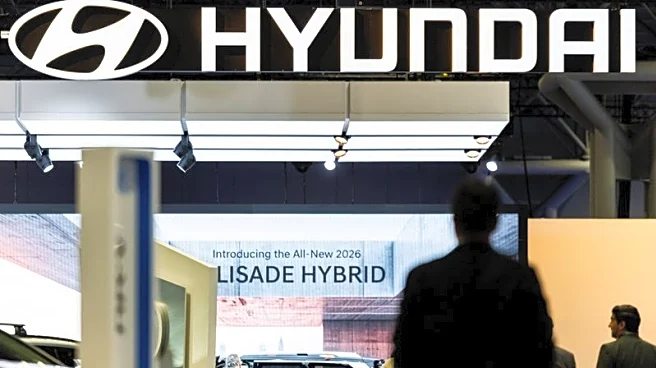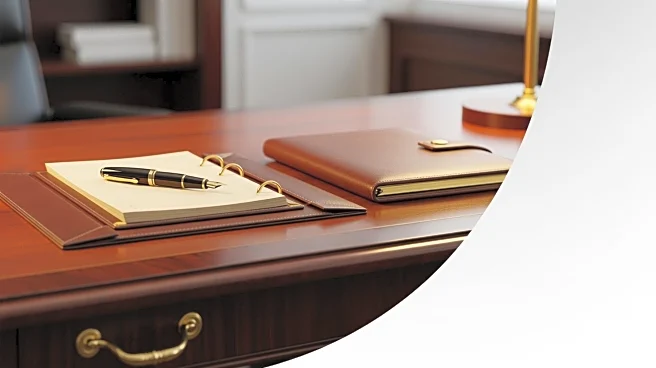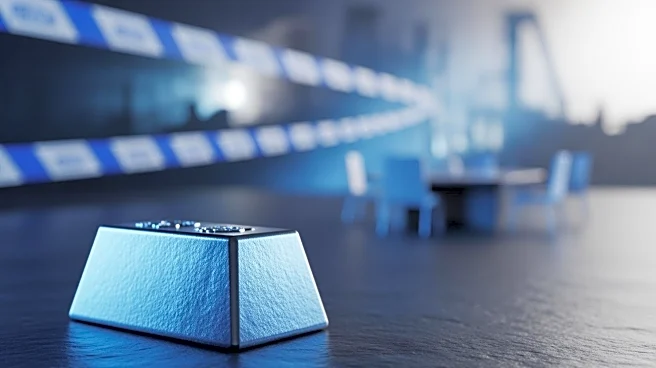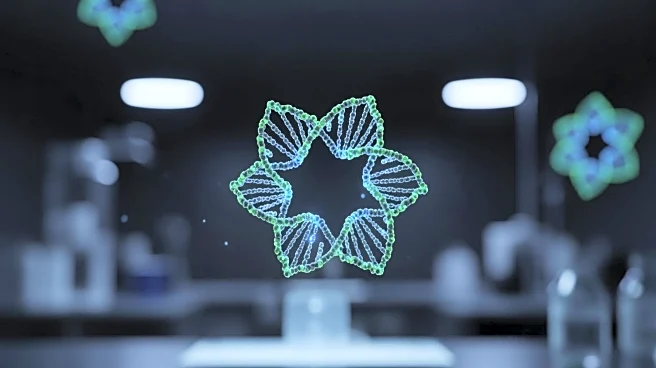By Cynthia Kim and Ted Hesson
SEOUL/WASHINGTON (Reuters) - South Korea is moving to pick up Korean workers following a raid at a Hyundai Motor manufacturing facility in the U.S. state of Georgia last week,
a presidential official for Seoul said on Sunday as the Trump administration promised more raids on businesses.
The negotiations to release about 300 South Koreans who were detained have concluded and processing for their release from custody is ongoing, South Korea's presidential office said late on Sunday.
A chartered plane will be flown to bring them back as soon as the processing by the two countries is complete, the office said in a statement. It did not provide details of what administrative steps are being taken.
The Yonhap news agency quoted South Korean Consul General in Washington Cho Ki-joong as saying the workers will likely board a plane on Wednesday.
Representatives for the Department of Homeland Security did not respond to a request for comment, while White House border czar Tom Homan separately vowed to expand immigration raids on workplaces.
U.S. federal agents arrested about 475 workers at Hyundai's car battery plant in Ellabell, Georgia, on Thursday in the largest single-site enforcement operation in the history of the Department of Homeland Security's investigative operations.
U.S. President Donald Trump campaigned on making immigration a pillar of his administration and has moved to ramp up deportations nationwide since taking office in January. He has also buttressed his economic plan in large part on wooing other countries and foreign businesses to invest in the United States.
The roundup of 475 workers including about 300 South Korean workers at the major Hyundai Motor car battery plant under construction caused shock and dismay in Seoul, as it came just 10 days after a summit between the U.S. and South Korean presidents where they pledged closer business ties.
The South Korean government expressed regret about the arrests and the public release of the footage showing a major operation by U.S. immigration authorities involving armored vehicles detaining the workers who were shackled and taken in.
The DHS earlier said the operation was executed under a judicial search warrant over alleged unlawful employment practices. A customs official has said many of those arrested did not have proper immigration authorization to work at the site.
AUTOS BIG PART OF SOUTH KOREAN INVESTMENT IN U.S.
South Korea's presidential chief of staff, Kang Hun-sik, said on Sunday the government will seek ways to improve the visa system of Korean workers traveling to the United States to “prevent a similar incident.”
DHS has said the arrested workers were barred from working in the U.S. after crossing the border illegally or overstaying visas.
Relations remain fraught between Washington and Seoul, a key U.S. ally and investor, as both sides seek to hammer out final details of their trade deal announced in July.
The trade deal includes a $350 billion fund to help Korean companies enter the U.S. market, while Hyundai said it was boosting its U.S. investments to $26 billion, including a U.S.-based robotics facility.
Seoul is bracing for the impact on its auto sector of a lower tariff on Japanese cars imported to the United States while the duty for South Korean autos remains at 25%. Autos are a major export industry for South Korea's trade-reliant economy.
The site of the raid was a $4.3 billion project to produce EV batteries, with Hyundai and LG Energy Solution each holding a 50% stake as part of one of the largest economic development projects in Georgia's history.
LG Energy Solution has suspended staff business trips to the United States other than certain exceptional cases and will be recalling those employees now in the United States.
Trump may visit South Korea in October for the gathering of the Asia-Pacific Economic Cooperation event, CNN reported on Saturday, citing three Trump administration officials.
(Reporting by Cynthia Kim, Hyun-joo Jin, Ju-min Park and Jack Kim in Seoul; Additional reporting by Ted Hesson and Susan Heavey in Washington and Costas Pitas in Los Angeles; Editing by Christian Schmollinger and Matthew Lewis)










